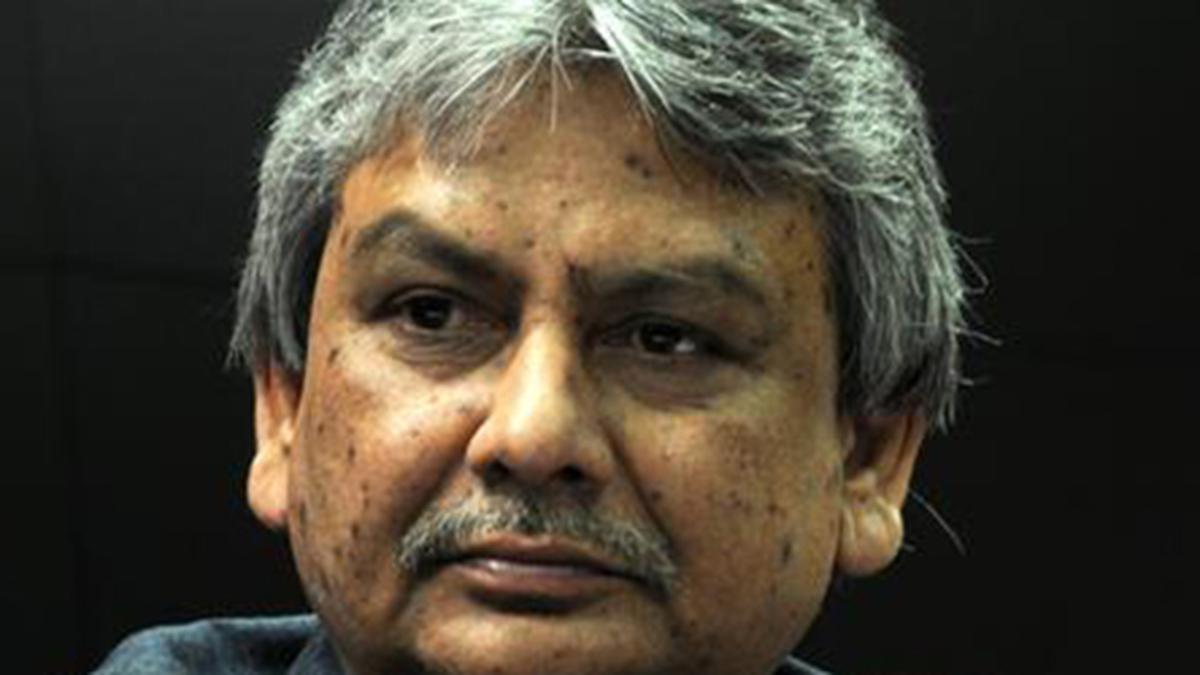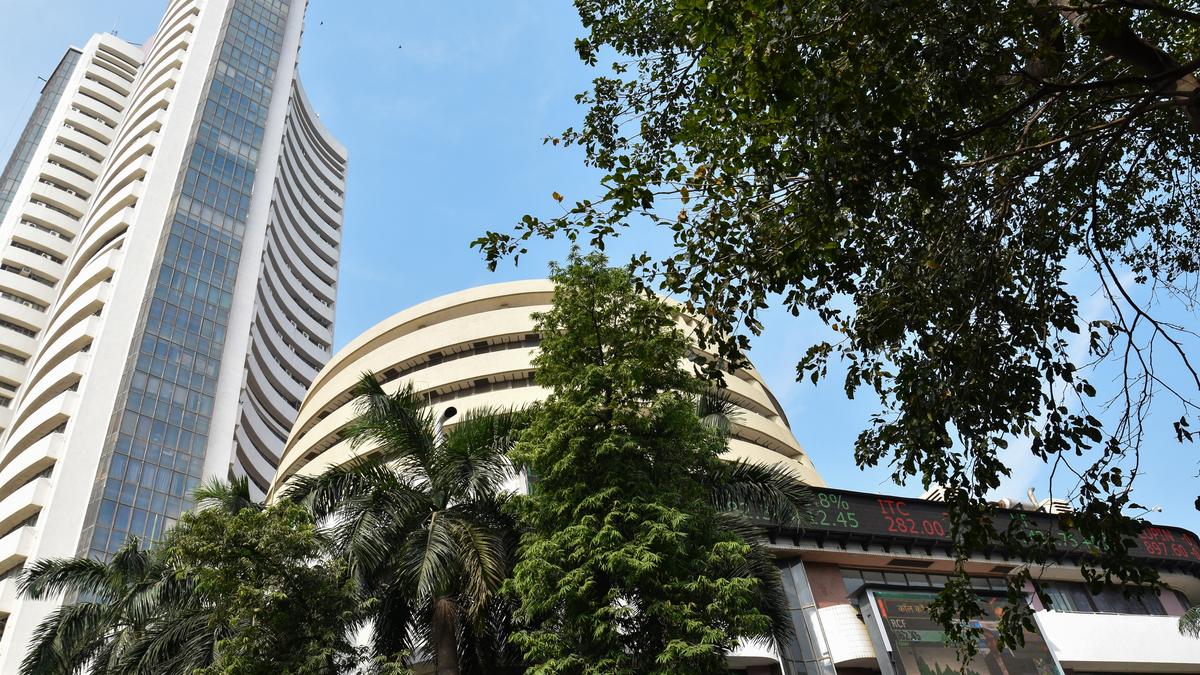Deputy Governor Michael D. Patra
Even though the global slowdown in 2023 may be milder than anticipated earlier, the trajectory still remains unpredictable, Reserve Bank of India (RBI) officials observed in a bulletin article on the ‘State of the Economy’, adding, however, that India’s economy would likely decouple from the rest of the world.
In India, domestic consumption and investment would benefit from stronger prospects for agricultural and allied activities, strengthening business and consumer confidence, and strong credit growth, the officials led by Deputy Governor Michael D. Patra wrote in their article in the February edition of the RBI Bulletin.
“Supply responses and cost conditions are poised to improve even though inflation witnessed a rebound in January. The Union Budget 2023-24’s emphasis on capital expenditure is expected to crowd-in private investment, strengthen job creation and demand, and raise India’s potential growth,” they asserted.
According to the officials, India would decouple from macroeconomic projections of current vintage and also from the rest of the world.
“In our view, the instrument of decoupling will be the Union Budget by (a) raising India’s growth prospects over the period 2023-27; and by (b) raising India’s potential growth,” they said.
“Besides the promises kept on consolidation and capital expenditure, the tax changes proposed in the Budget would put at least ₹35,000 crore in the hands of households,” they wrote, adding that the saving on taxes would boost spending by households on consumption.
“With India’s marginal propensity to consume estimated at 0.54, the tax multiplier works out to be 1.16. Hence, India’s real GDP growth would get a boost of 15 basis points in 2023-24 from tax reductions alone,” they argued.
Stating that the increase in the allocation for capital expenditure (including loan assistance to States, railways, logistics and grants-in-aid for creation of capital assets, which are excluded under the effective revenue deficit and hence added to the capital account) worked out to ₹3.2 lakh crore in 2023-24, they said this increased capital spending would generate additional output of ₹10.3 lakh crore over the 2023-27 period.
Capex on railways and loan assistance to States would contribute 43% of this increased income while investment in logistics (₹60,000 crore) was expected to generate income of ₹1.95 lakh crore over 2023-27 or 19% of the increased income, they added.




